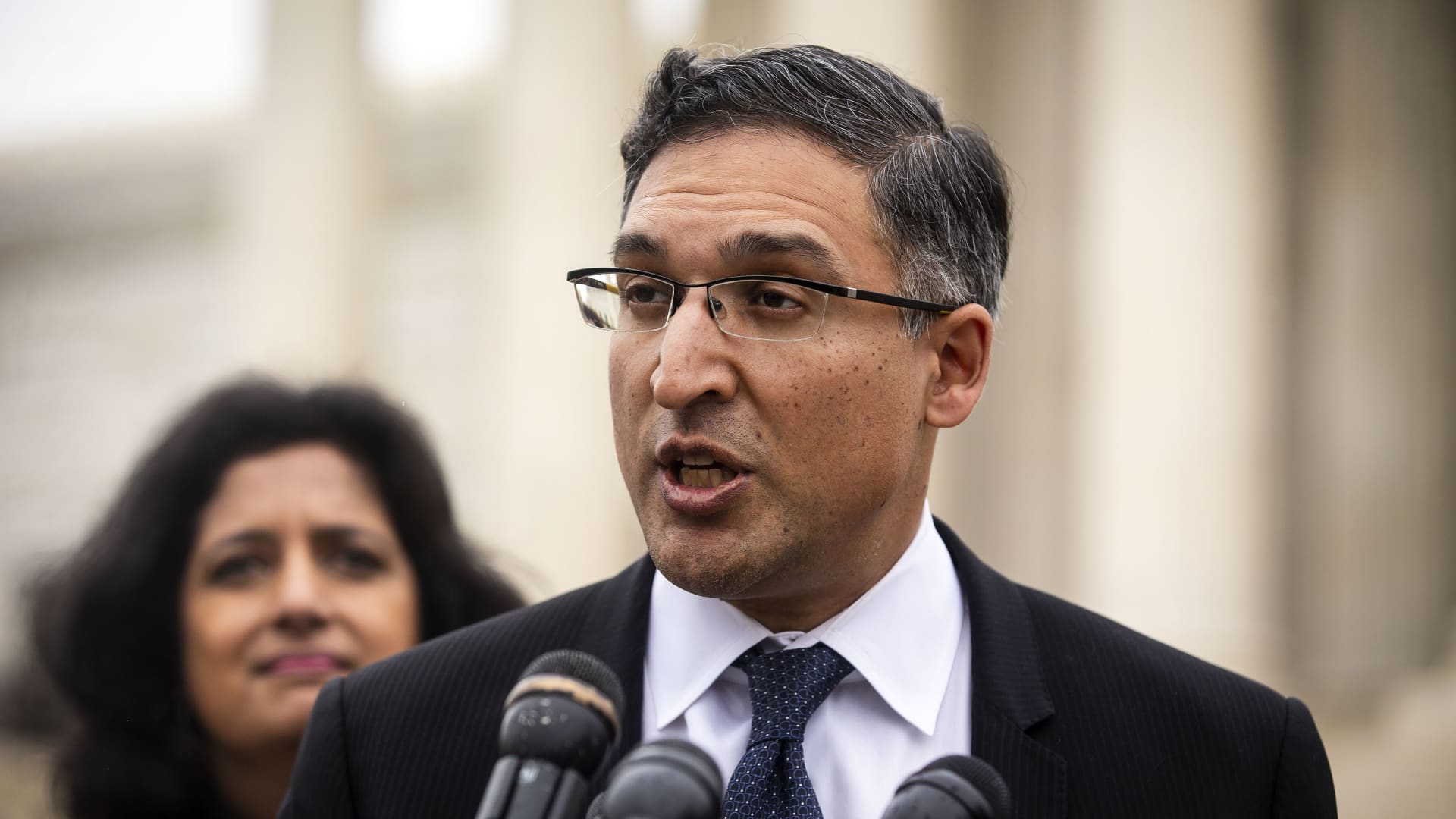5 TED Talks that will make you smarter and more persuasive: 'Conventional wisdom' for winning arguments is 'wrong'
Changing people's minds can come down something as simple as the pitch of your voice — or as complex as how you listen to the people around you, experts say.

Winning an argument may boil down to one simple tactic: Getting people to listen to you.
That's according to five TED Talk speakers, whose backgrounds — from business and law to journalism and academia — helped them become more persuasive. Some conventional persuasion tactics do work, they say: You can speak more slowly or lower your voice to draw listeners in.
You also need to think beyond what you say and how you say it. One of the most effective ways to change people's minds is by listening to what other people say and finding common ground, multiple of the speakers say.
"The conventional wisdom is that you [should] speak with confidence ... I think that's wrong," Neal Katyal, a former U.S. Acting Solicitor General who's argued multiple cases in front of the federal Supreme Court, added in a TED2020 lecture. "I think confidence is the enemy of persuasion. Persuasion is about empathy."
Watch these five TED Talks from Katyal and others to get smarter at winning arguments — and better at changing people's minds with your voice.
'How to speak so that people want to listen'
Key takeaway: Avoid gossip and embrace silence.
What you say affects how people listen to you. How you say it matters too, said communication and sound design expert Julian Treasure. His advice: Don't gossip, judge or speak too quickly. Lower your voice and embrace the silence in otherwise awkward pauses.
'The counterintuitive way to be more persuasive'
Key takeaway: Don't add too many points to your argument.
Many people assume having as much evidence as possible will strengthen their argument. Not so, according to Niro Sivanathan, an organizational behavior professor at the London Business School. Overly complex arguments often "dilute" their own effectiveness, he said.
'Let's try emotional correctness'
Key takeaway: Listen and form connections through shared experiences.
Before Sally Kohn made regular appearances on CNN and MSNBC, she was a left-wing "progressive" commentator on Fox News. She found that the channel's conservative viewers — who typically disagreed with her — were more receptive to her arguments if she acknowledged their perspectives and connected them back to the topic at hand.
'How to win an argument (at the U.S. Supreme Court, or anywhere)'
Key takeaway: Root your argument in compassion.
All successful arguments rely on human connection, empathy and conviction in your ideas, said Katyal, who has experience both winning and losing in front of the Supreme Court. And if you initially lose an argument, you might want to pursue it again with a fresh perspective later.
'How to disagree productively and find common ground'
Key takeaway: Be willing to change your own mind.
Most people enter arguments hoping to persuade other people. For the conversation to be productive, you need to be willing to be persuaded yourself said behavioral economist and strategic policy advisor Julia Dahr. Another common mistake, she added: attacking your opponent's identity instead of their idea.
Disclosure: MSNBC and CNBC are divisions of NBCUniversal.
DON'T MISS: Want to be smarter and more successful with your money, work & life? Sign up for our new newsletter!
As technology reshapes business expectations, some leaders are embracing change and transforming their organizations for the future. Join the CNBC Evolve Global Summit on November 2 to hear strategies to adapt, innovate and succeed in this new era of business. Buy your ticket here.


 JimMin
JimMin 






























